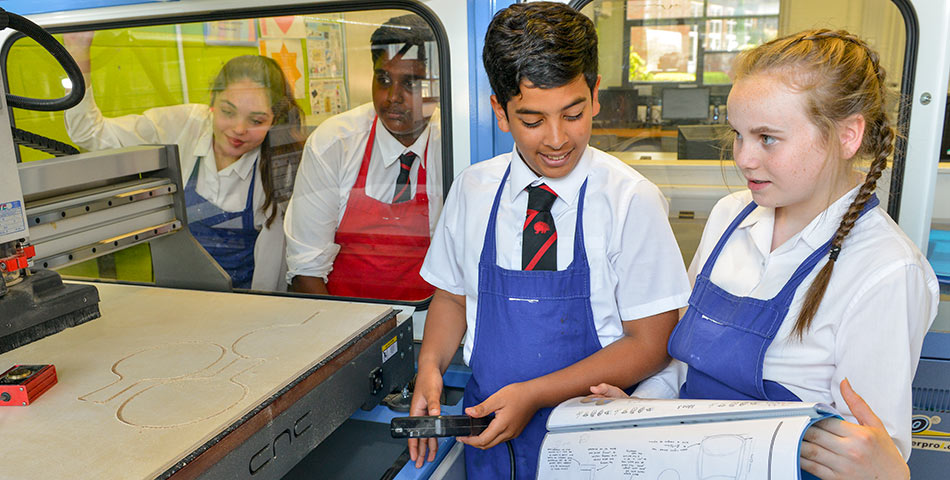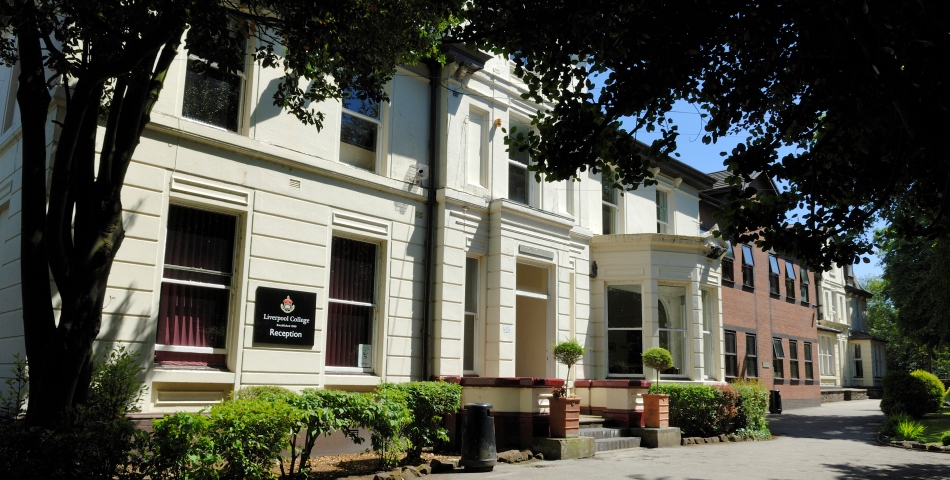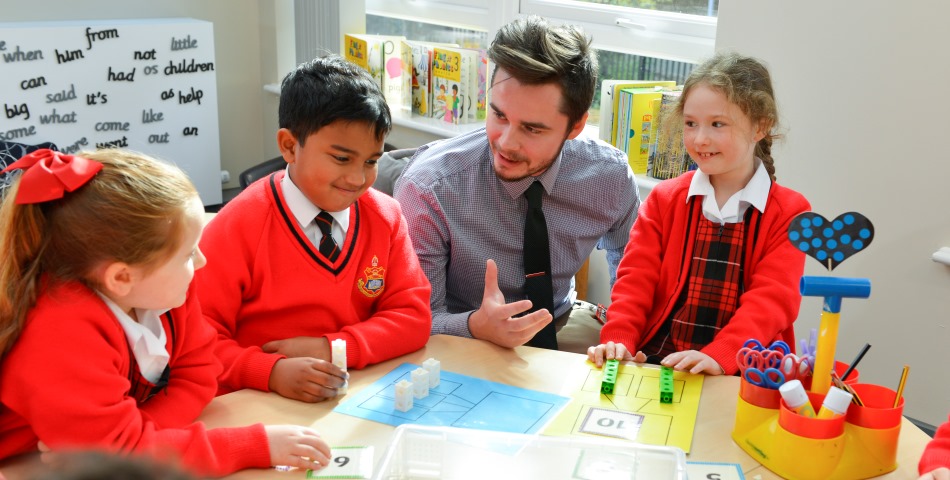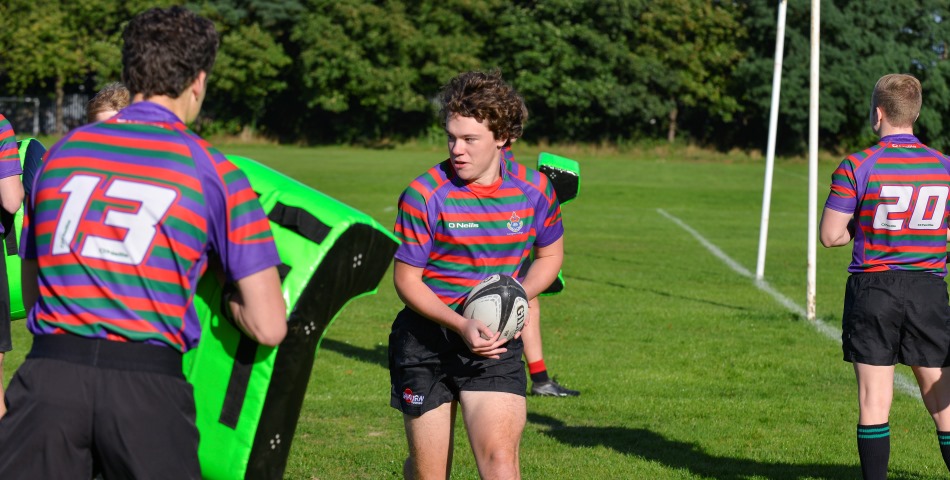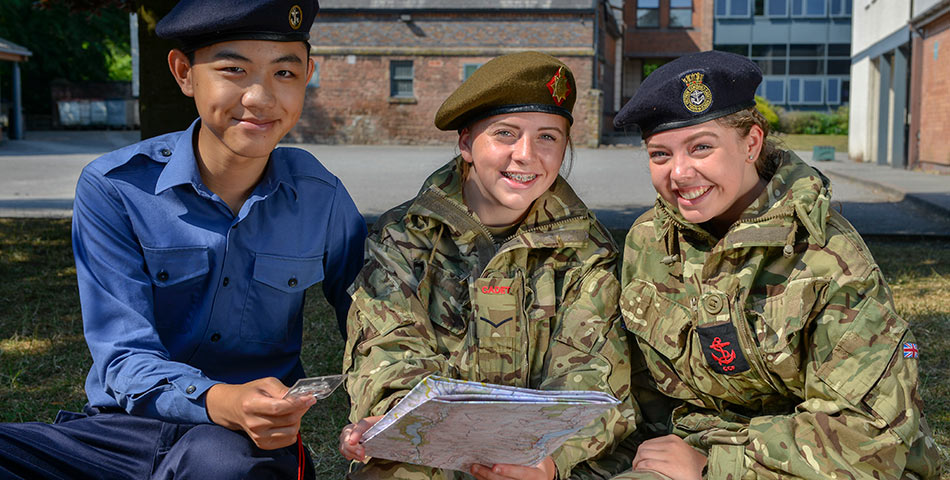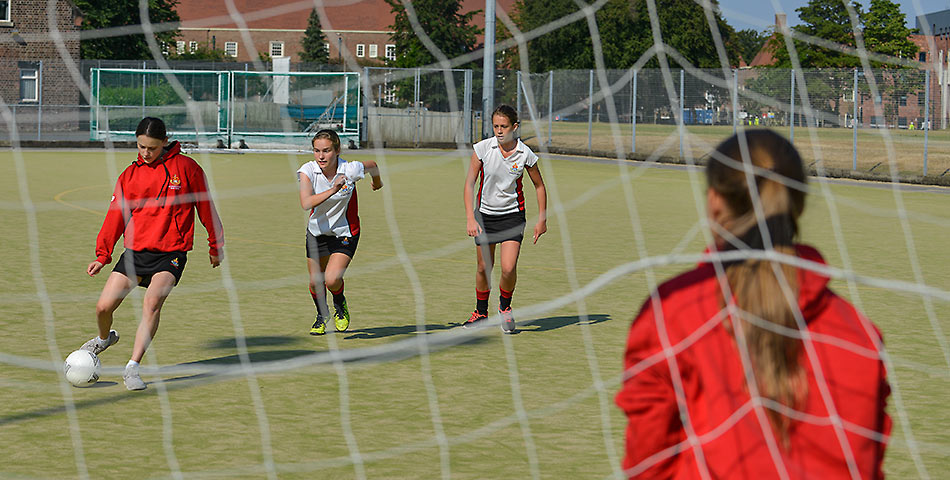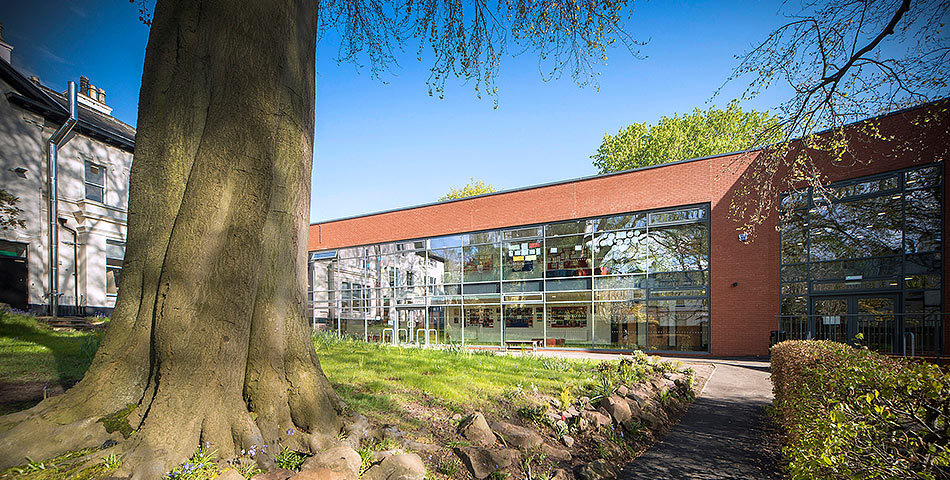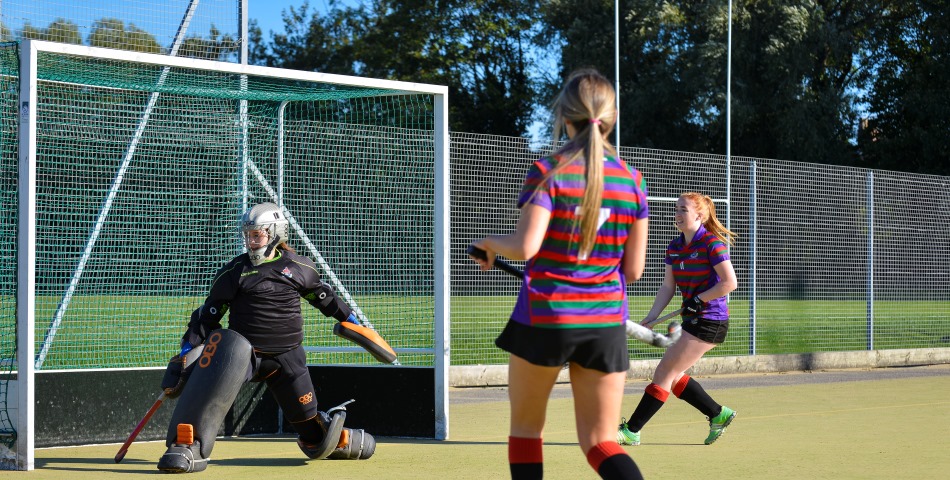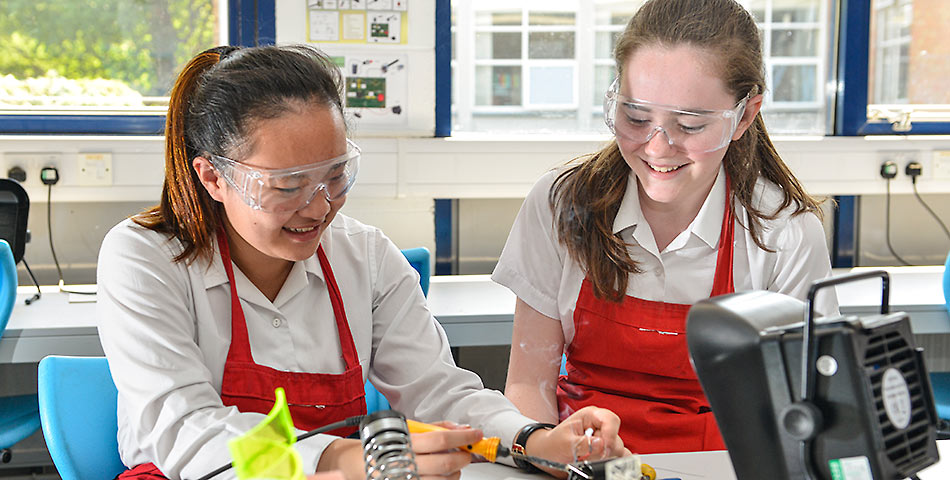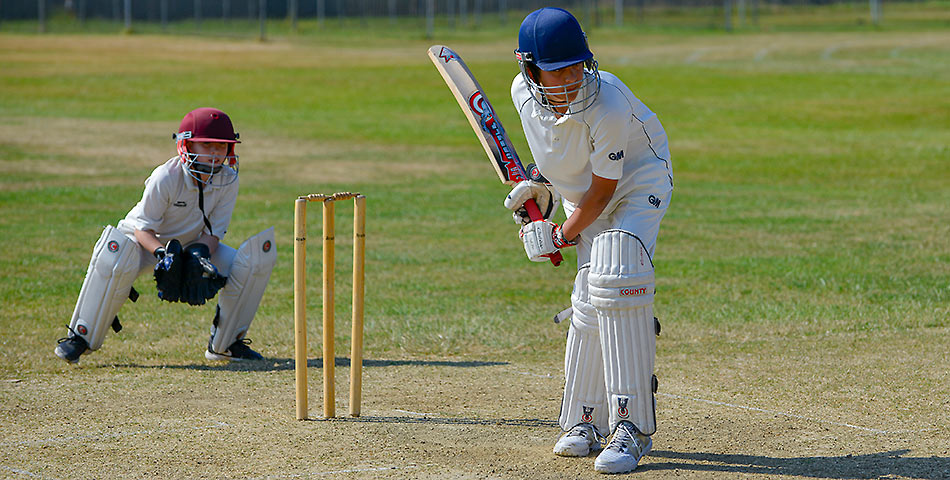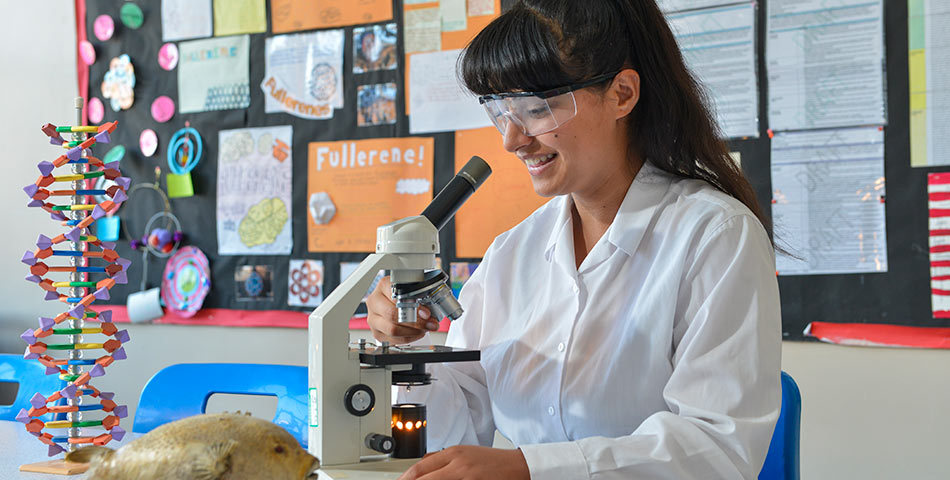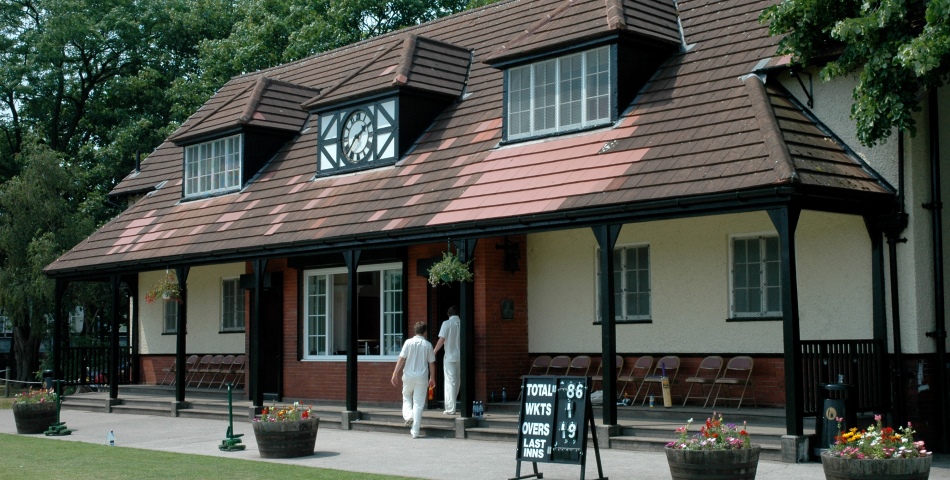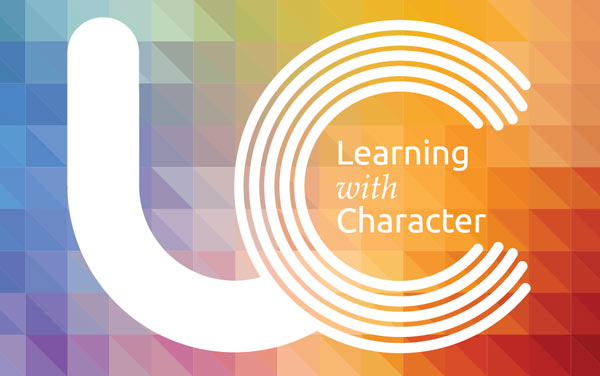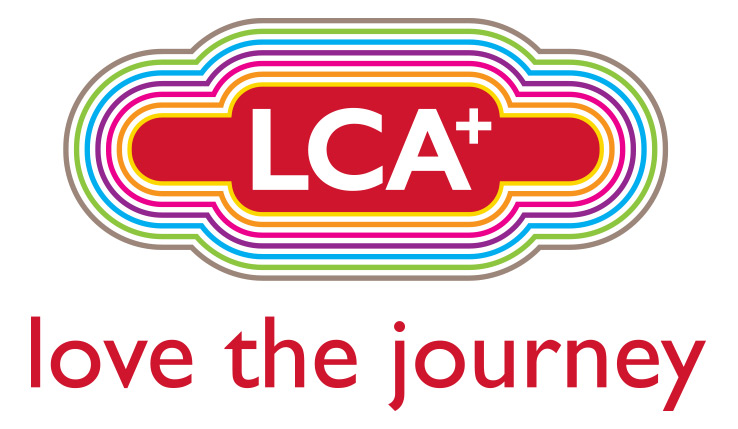Curriculum and Programme
CURRICULUM INTENT
The curriculum aims to create:
- learners who know more and remember more than the national curriculum and the examination and testing content and specification require;
- engaged learners who are developing better moral, physical, spiritual, emotional and social habits and dispositions;
- fluent and confident writers and readers;
- purposeful learners able to use numeracy and critical thinking skills to ask questions and solve problems;
- passionate learners who know how they learn and who love to learn.
CURRICULUM OVERVIEW
The majority of the Sixth Form study 3 subjects from a list of more than 20 A-Levels and BTECs.
Details of the courses in each year group:
Year 12 Curriculum Overview
Year 13 Curriculum Overview
Further details about the post 16 curriculum and programme in the Sixth Form can also be found in the information booklet on the Sixth Form admissions page.
Teaching
The Sixth Form is the culmination of your time at school, and the next two years will provide a rich and varied experience that will help you gain the qualifications, skills and confidence to move on successfully to Higher Education. We offer a high standard of teaching by well-qualified, experienced and committed staff, who will support and encourage you throughout. Our teachers know their pupils, encourage them, exhort them, and challenge them. We believe that nothing leads to more success in the Sixth Form than strong relationships between pupils and teachers. Good education requires relationships. To teach well, you have to know your student. Our experienced and expert teachers care about pupils beyond their subject and beyond their classroom. They are mentors and guides. Our recent ISI report described relationship between pupils and teachers as "outstanding." This high quality of teaching leads to outstanding results. Recently, we achieved the best A level results in Liverpool and placed more than 50% of our pupils in Russell group universities, including on Medicine courses and at Oxbridge. We are ambitious for you, and our teachers support your ambition.
Outside the Classroom
We hope that you will get involved in a wide range of activities beyond the relative confines of your A Level subjects. These are an important part of the life of Liverpool College in which Sixth Form pupils take the lead.
A rich programme of sport, music, drama, the Combined Cadet Force, Duke of Edinburgh Award, Community Service, School Council, lectures, debates, societies and clubs is on offer. These activities are not extra-curricular, but are part of the timetable, creating more opportunities for all to be involved. Every faculty offers trips out of school, near and far, and there are regular sports tours and expeditions as well. These trips are the often a highlight of your time at school.
Guidance & Leadership
It is during the Sixth Form that your application to university will be made, and here you will benefit greatly from the expertise and outstanding levels of support of the tutors and of our dedicated UCAS/Careers Coach. All sixth formers have a House Tutor to support and guide them. As well as being a member of the sixth form you will also belong to one of our four Houses. Not only does this give you an excellent network of support but the House system provides plenty of leadership opportunities - you could mentor younger students, run house activities such as sports competitions or act as a learning mentor through schemes such as paired reading and maths. Selection as a Prefect will allow you further opportunity to exercise responsibility and prove your leadership skills.
NSI
NSI (Non Solum Ingenii – Not Only Intellect) is the name given to the Middle School, Upper School and Sixth Form section of the PSHCE programme of study. This is a new programme, having been introduced in September 2014. It has been developed in light of parental and pupil feedback and our prime intention is to respond to pupils’ needs. We welcome pupil, parent and colleagues’ feedback in order to evaluate the effectiveness of the curriculum and continually improve it. Three NSI Leads, one in each school, are responsible for the development, evaluation and co-ordination of the delivery of the programme. The NSI Lead for Sixth Form is Mr E Richards.
The Sixth Form (Key Stage 5) content is mostly pupil driven and responds to their requests for moving from school life into adulthood.
How is NSI Delivered?
NSI is delivered during one or both of the registration slots, with House Form groups having specific allocated days for this purpose. House Tutors deliver the programme and NSI Leads assist Heads of House in evaluating the quality of the teaching of NSI.
A Curriculum to Develop the Whole Person
Sixth Form at Liverpool College develops and stretches the whole person. From 2015, sixth formers will follow an individualised programme: 4 A Levels with General Studies and the EPQ. 4 A Levels with General Studies or EPQ .
3 A levels and AS in both General Studies and the EPQ 3 A levels and AS General Studies or EPQ; or alternatively GCSE English and/or mathematics. Details of assessment and weblinks to the specification (syllabus) can be found on the College website in the curriculum overview section above and by clicking on the subjects in our option blocks.
A subject examined at AS level, once certificated, is a qualification in its own right. The A2 is not a separate qualification. At present, retakes of AS modules may be offered to some pupils in Year 13 although, since this can adversely affect a pupil's focus on the A2 course, this may not be recommended.
In addition to the chosen A Level subject choices, a Sixth Form pupil will also take a course leading to an AS qualification in General Studies, prepare an Extended Project, take part in a Games afternoon, attend a weekly lecture of general interest and participate in at least one activities period, possibly leading an activity for younger pupils. A Sixth Form pupil will also have a small number of private study periods, some of which will be supervised.
Choosing A Level subjects
You will need to consult many people as you make your decisions about the future. You should take the opportunity to talk to individual teachers and Heads of Faculty to discuss the courses in more detail. Your parents will also want to do their research so that they can discuss the options with you and help you make the right choice. Our Assistant Head of Sixth Form/UCAS coordinator is available to provide specialist information and advice, especially on subject combinations for certain degrees and careers. All applicants will be invited to have a course discussion and we will also hold a series of evening taster sessions in many areas of the curriculum. Dates and times will be published on the website in December.
Consider the following:
Enjoyment of the subject and your aptitude for it are your first considerations. You will be studying the subject for 9 lessons a fortnight for up to two years. A Grade Bin a subject at GCSE is the minimum requirement to continue with it at A Level. A Level provides an opportunity to specialise, but that does not mean that it is necessarily good for you to do so. Sciences can be mixed with Humanities, the Arts and Languages, and you will perhaps become a more rounded individual as a result. Some degree courses specify certain subjects at A Level. You will need Chemistry and at least one other science for Medicine; you will need Maths and/or Physics for Engineering. For most degree courses, however, there is considerable flexibility. Check typical course requirements in discussion with teachers or through the UCAS website.
The AQA Baccalaureate
The AQA Baccalaureate is an additional qualification towards which all Sixth Formers work. It adds greater breadth to the A Level programme. As well as studying for three A Levels, pupils will: Follow a course in General Studies at AS level, worth up to 70 UCAS points. Examined at the end of Year 12.
Complete at least 100 hours of Enrichment Activity (activities such as work experience, community participation, CCF, Duke of Edinburgh's Award) Prepare an Extended Project on a topic of their own choosing, in itself worth up to 70 UCAS points. Examined in Year 13.
This qualification gains the pupil further credit for university entry and is educationally highly beneficial, encouraging the development of independence, determination, a sense of community and teamwork. Further details of how the AQA Baccalaureate is awarded can be found here http://www.aqa.org.uk/programmes/aqa-baccalaureate/how-the-bacc-works
We recommend you download "Informed Choices", a guide produced by the Russell Group universities. Gives very useful advice on the A level subjects likely to be required for particular degree courses. To download please click here.


